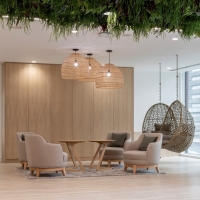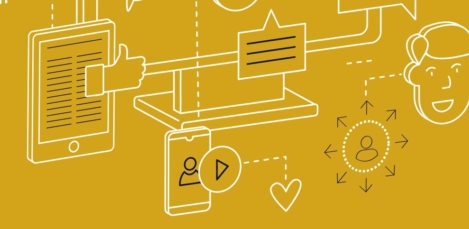To provide the best experiences, we use technologies like cookies to store and/or access device information. Consenting to these technologies will allow us to process data such as browsing behaviour or unique IDs on this site. Not consenting or withdrawing consent, may adversely affect certain features and functions.
The technical storage or access is strictly necessary for the legitimate purpose of enabling the use of a specific service explicitly requested by the subscriber or user, or for the sole purpose of carrying out the transmission of a communication over an electronic communications network.
The technical storage or access is necessary for the legitimate purpose of storing preferences that are not requested by the subscriber or user.
The technical storage or access that is used exclusively for statistical purposes.
The technical storage or access that is used exclusively for anonymous statistical purposes. Without a subpoena, voluntary compliance on the part of your Internet Service Provider, or additional records from a third party, information stored or retrieved for this purpose alone cannot usually be used to identify you.
The technical storage or access is required to create user profiles to send advertising, or to track the user on a website or across several websites for similar marketing purposes.
 There was a time we used to talk with dismay about the Japanese phenomenon of intense social distancing known as hikikomori. We would consider with horror the isolation, lack of engagement with society, poor mental health and loneliness of the people who had almost completely withdrawn to their rooms. Those poor bastards locked up in enclosed spaces linked to the outside world only by screens. (more…)
There was a time we used to talk with dismay about the Japanese phenomenon of intense social distancing known as hikikomori. We would consider with horror the isolation, lack of engagement with society, poor mental health and loneliness of the people who had almost completely withdrawn to their rooms. Those poor bastards locked up in enclosed spaces linked to the outside world only by screens. (more…)

































September 21, 2020
Time to get on board with the psychological effects of working from home
by Jörg Bakschas • Comment, Flexible working, Wellbeing